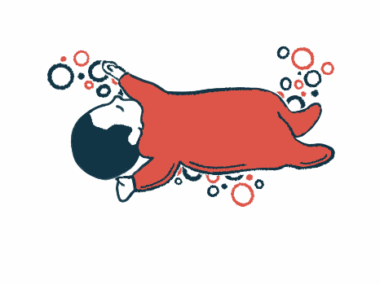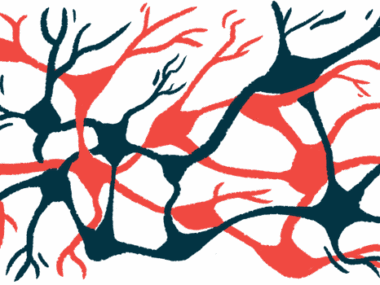I’m Worried About the KOTOR Remake
Written by |

I knew I was in for a treat when a friend texted me in all caps: “BRIE BRIE BRIE!” I was so into the book I was reading that I took a while to check my notifications. But once I did, it didn’t take me long at all to scream myself hoarse.
I’ve written numerous times about my love of “Star Wars.” The movies, the video games, the subpar novels — if it’s set in a galaxy far, far away, there’s a good chance I’m into it. The video games are particularly important to me. The Old Republic didn’t just get me through one of the hardest times of my life, it also shaped my writing as a young adult and continues to influence me to this day.
So, I was over the moon to see the announcement of a remake of Star Wars: Knights of the Old Republic, or as we call it, KOTOR. Nervous, of course, because remakes are controversial, and I’m not sure I’ll survive the destruction of one of my favorite stories. But I was mostly excited. KOTOR is one of my great loves — I can’t wait to see it come to life in a whole new way.
I texted with my friend for a while, high on anticipation. Would it be a remaster, with updated graphics and controls, or would it be a true remake, with additional content? Would the characters’ voices be the same? Would players get to choose their characters’ gender, in the spirit of the original? Would they remake the sequel to KOTOR as well? I had so many questions, to the point of being overwhelmed.
I was finally getting the game of my dreams. And then it occurred to me.
What if I can’t play it?
SMA has taken a variety of things from me, including my ability to game. I grew up with the clunky controllers of the Playstation 2, and at one point, I was even able to use a Game Boy. But my disease progressed as I grew older. Now, at 26, I’m limited to a mouse and an on-screen keyboard (OSK).
KOTOR is one of the few games I can play independently. The controls are simple enough that with the help of my OSK, I can lose myself in the story. I don’t have to worry about wiping on a game boss or driving off a cliff. In contrast, newer games — like Mass Effect: Andromeda or Star Wars Jedi: Fallen Order — require abilities I lost years ago. Some people, like my friend Sherry, have discovered workarounds. I, unfortunately, have not.
I’m lucky that I have friends who are willing to play games for me. The friend who texted me a link to the KOTOR teaser was kind enough to stream his playthrough of Star Wars Jedi: Fallen Order for me during the pandemic. I have options.
But the fact remains that I am terrified.
I love this game so much it hurts. There are no words to describe how much it means to me — half because I love the story, and half because it’s one of the few games I can lose myself in. There’s nothing quite like immersing yourself in a fictional world to the point of losing track of time. And there’s nothing quite like spending $60 on a game, only to realize you can’t play it.
Life with SMA is being told no, again and again, until the yeses become their own kind of miracle. I am so tired of losing the things I love. Of watching helpless as my disease takes yet another thing — my strength, my independence, my hobbies. The thought of watching the world rediscover KOTOR from the sidelines is unbearable.
The graphics might be awful, the controls unwieldy, the combat slow. But I don’t care. KOTOR is important to me because of its accessibility. I love the story, the characters, and the setting. But more importantly, I love that it’s mine. Nothing can take it from me, not even SMA.
It’s not difficult to make a game accessible. I just hope the developers care enough to make the KOTOR remake available to everyone.
***
Note: SMA News Today is strictly a news and information website about the disease. It does not provide medical advice, diagnosis, or treatment. This content is not intended to be a substitute for professional medical advice, diagnosis, or treatment. Always seek the advice of your physician or other qualified health provider with any questions you may have regarding a medical condition. Never disregard professional medical advice or delay in seeking it because of something you have read on this website. The opinions expressed in this column are not those of SMA News Today, or its parent company, Bionews, and are intended to spark discussion about issues pertaining to spinal muscular atrophy.








Leave a comment
Fill in the required fields to post. Your email address will not be published.